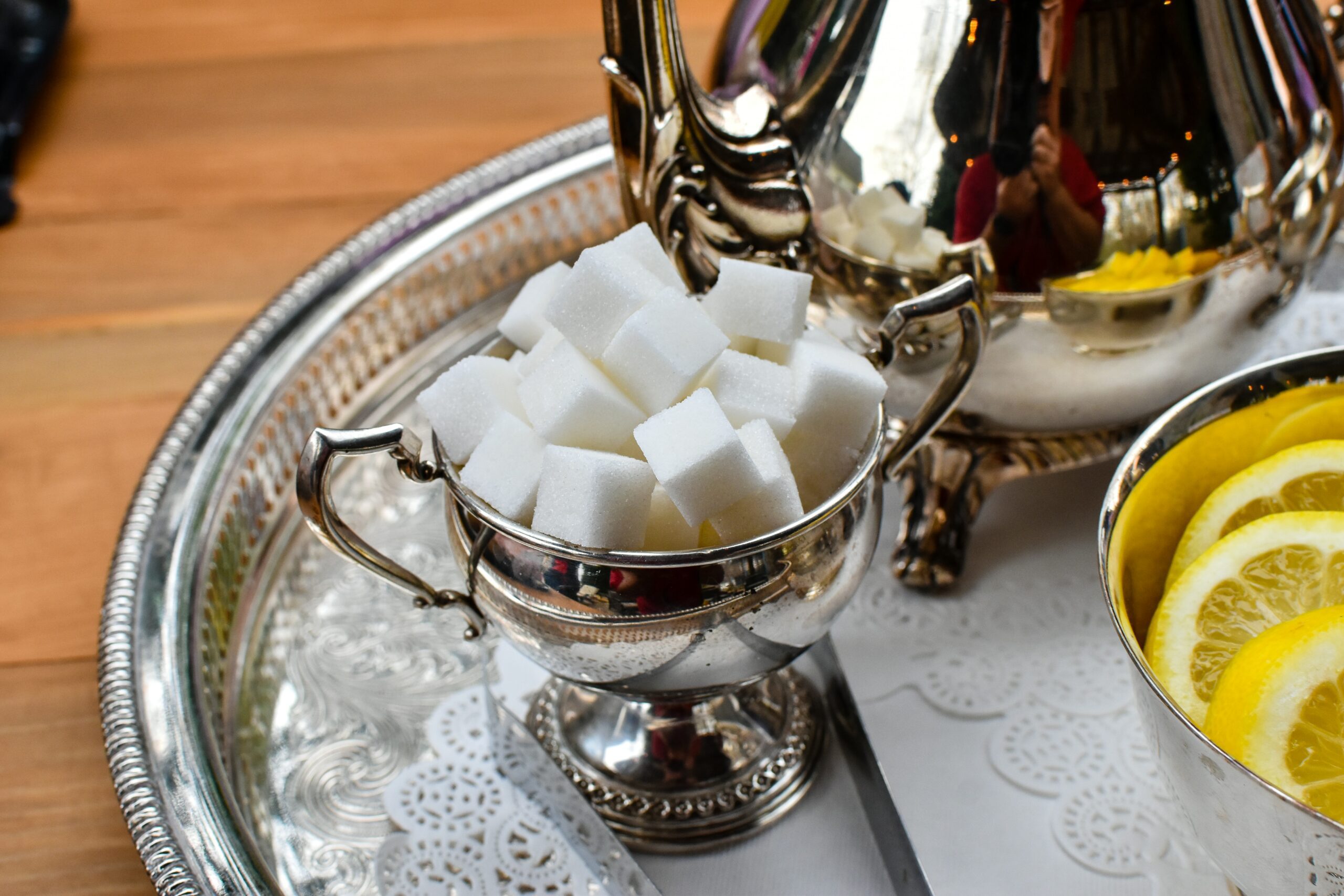Often when we think about our diet, we think about eating for our physique from the neck down. There are many diets out there designed to help us lose weight, foods with essential vitamins that will help us shred cellulite, and superfoods that are good for the liver, kidneys, heart, and arteries.
But you don’t just eat to fuel yourself from the neck down, what you eat is also essential for fuelling your brain. Moreover, while there are some foods that are better for your muscles or your heart than others, there are some foods that are better for your brain function and long-term brain health than others.
With that in mind, a quick search will come up with many lists of the best foods for your brain that you should be eating on a regular basis to improve your alertness and mood in the short-term, and your brain health in the long-term. One of our favourites is Jim Kwik.
But if you are a digital nomad, you might look at these lists and wonder where you will get your hands on a lot of the foods that feature on the list. You can’t exactly pop into a Whole Foods store when you are discovering Asia or exploring South America.
So, we have come up with our own list of the best brain foods, but with digital nomads in mind. These are all foods that you can find almost anywhere in the world, and in fact might even be more available and affordable in some of the best digital nomad hotspots.
Adding these foods to your diet will help you feel more switched on and focussed now, so that you can optimize your time and activity. They will also help protect your brain function over time, so that you stay sharper for longer.
Let’s eat.
1. Eggs

Eggs are probably one of the few foods that people eat everywhere in the world. Chickens, initially from the tropical jungles of Southeast Asia, have conquered the world as a source of protein, both in the form of their eggs and their meat.
Protein isn’t only important for maintaining a lean and strong physique. Protein is the second largest matter in the brain, second only to water, and your brain needs protein to function. Protein helps the neurons within the brain communicate with one another properly via neurotransmitters.
Eggs also contain lots of choline, Omega-3s, and vitamin E, all of which are important for maintaining the memory and cognitive function.
The problem with eggs is getting our hands on eggs from chickens that have been raised in humane conditions, and which haven’t been treated with hormones. Sadly, battery farms for chickens are something that you will encounter all over the world. 70% of chickens around the globe are raised in what would be described as “intensive farming” conditions.
If you want your eggs to come from happy chickens, and you don’t want to be part of the ongoing problem, take the time to look for small local farms with modest flocks of free-range chickens to buy your eggs. The eggs might be a bit more expensive and less “pristine” than what you see in the supermarket, but they are worth it.
2. Leafy Greens
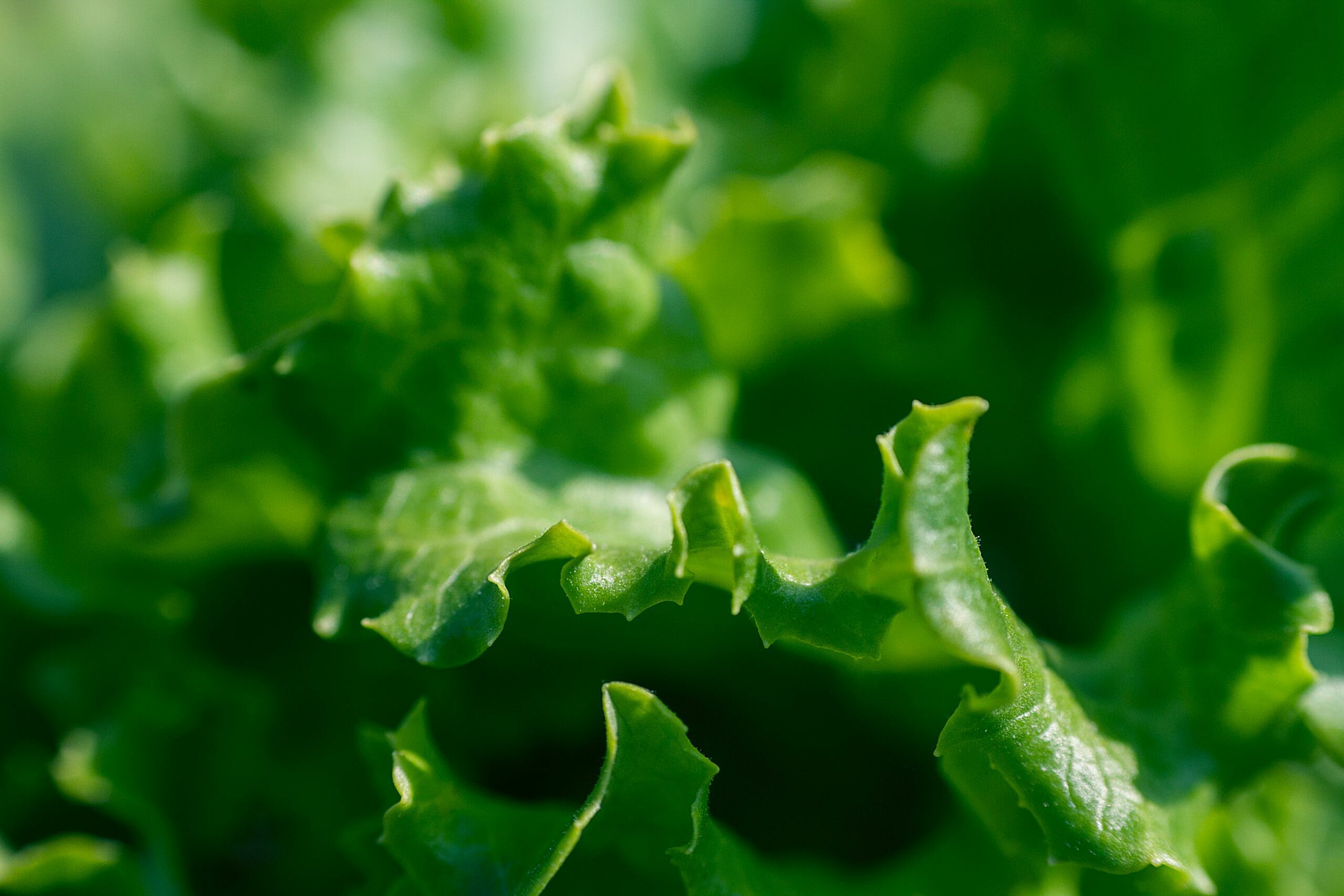
Everyone has their favourite leafy green about which they can speak extensively on the health benefits.
Broccoli is full of vitamins C and E and rich in antioxidants. Spinach has a lot of potassium and can help control blood pressure, and Yogi favourite Kale is high in calcium and vitamin K, so it can strengthen your teeth and bones.
But while not all leafy greens are the same and offer the same benefits, most leafy greens are good for you, and every part of the world has their own readily available and affordable variety.
Most leafy greens are rich in antioxidants and vitamins C and E, and then individual varieties will have other benefits. They are good for your eyesight, heart, skin, and immune system.
They are also great for your brain. One study of adults with an average age of 81 found that people who ate leafy greens on a regular basis had the cognitive brain function of a person 11 years younger than those who avoided them.
So, do head to the local fruit and veg market and check out what greens are available. Just be sure to wash them in clean water, and avoid dressings that are high in added sugars.
You can read our thoughts on the benefits of cutting back on added sugar here.
3. Dark Chocolate

Another food that began life in Mesoamerica and has since become a staple in most places around the world is chocolate. But while many of us think of chocolate as a treat, dark chocolate, eaten in moderation, offers significant health benefits.
It is rich in antioxidants, it can improve blood flow, lower blood pressure, and can reduce your risk of heart disease.
Dark chocolate has also been shown to improve brain function by improving concentration and focus, and lifting your mood through stimulating the release of endorphins.
Generally speaking, the darker the chocolate, the better it is for your brain. So check out the local varieties available choosing option with the highest chocolate percentage that you can stand and minimal added sugar.
Unless you are going for fancy, handcrafted chocolate, choose options that are as simple and pure as possible. “Candy bars”, with added nougat, caramel, toffee, and other ingredients is generally where you will find all the added sugar.
Though a few nuts for flavour are acceptable.
4. Nuts
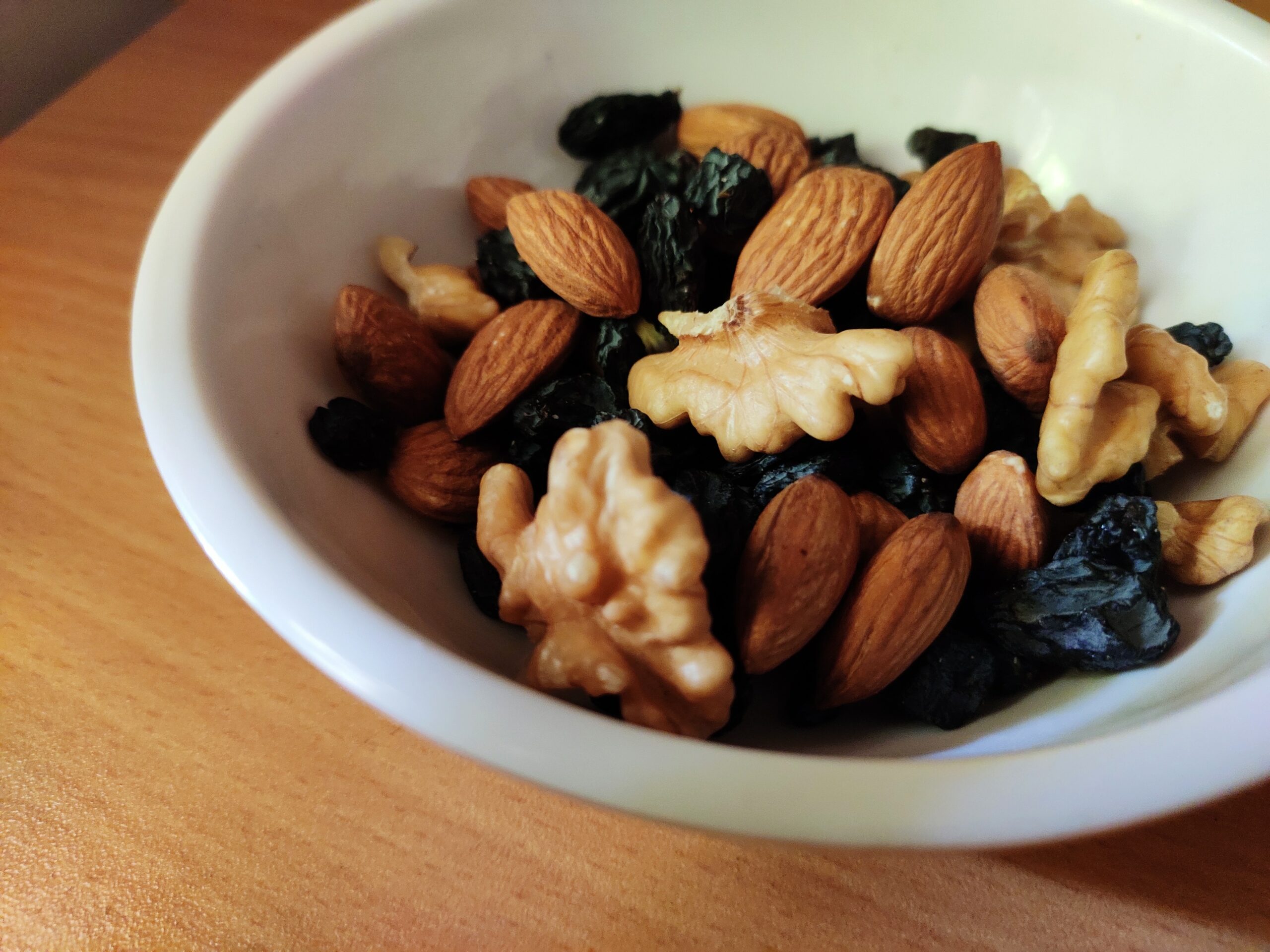
Nuts are another food that you will find pretty much everywhere in the world. There are local indigenous varieties, and the most popular nuts, such as peanuts, almonds, walnuts, cashews, and pistachios, are now farmed all over the world.
Nuts make a very healthy addition to your diet as they are packed with fibre, protein, vitamins, and minerals, including folate, vitamin E, potassium, and magnesium.
Eaten in moderation (since they are full of calories), nuts can lower cholesterol, aid in weight loss, reduce inflammation, and benefit the heart.
These perfect trail snacks are also high in Omega-3 fatty acids and antioxidants, which have been shown to protect the function of the aging brain. The high concentrations of magnesium can also give you a nice, natural mood boost.
5. Fish & Seafood
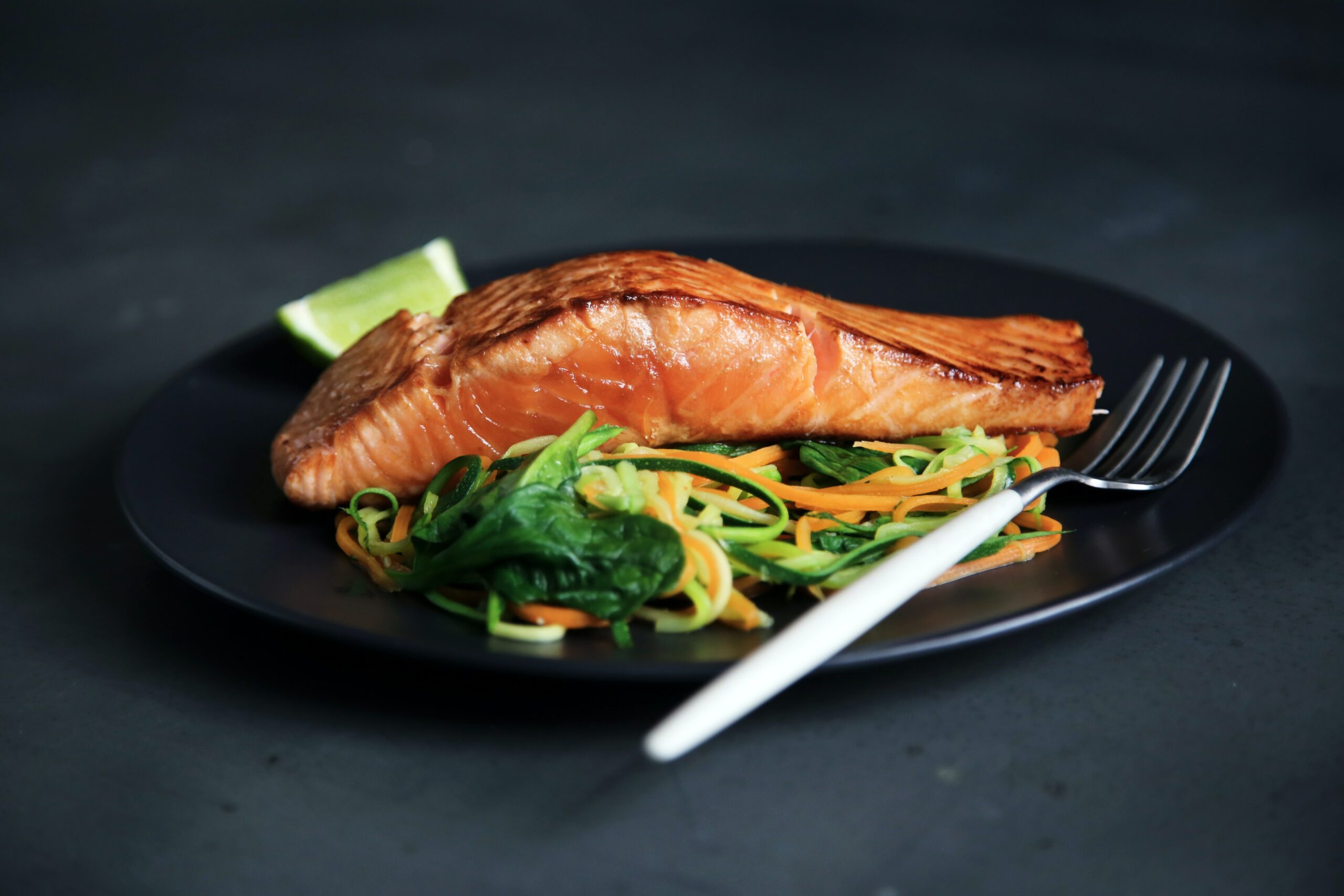
If you are travelling in coastal or river regions, the chances are that you will have good, affordable access to fresh fish. You can pick yourself up some catch of the day at the local fish market rather than picking up frozen or preserved options at the supermarket.
If you are eating for brain health, then seafood, algae, and fatty fish, such as salmon, bluefin tuna, sardines, and herring, are among your best choices.
They are all rich in Omega-3 fatty acids, which is a major building block of the brain, and docosahexaenoic acid (DHA), which has been shown to improve memory and cognitive function.
People with fresh seafood in their diet generally display a sharper memory, better mood, and fewer signs of cognitive decline.
6. Avocados
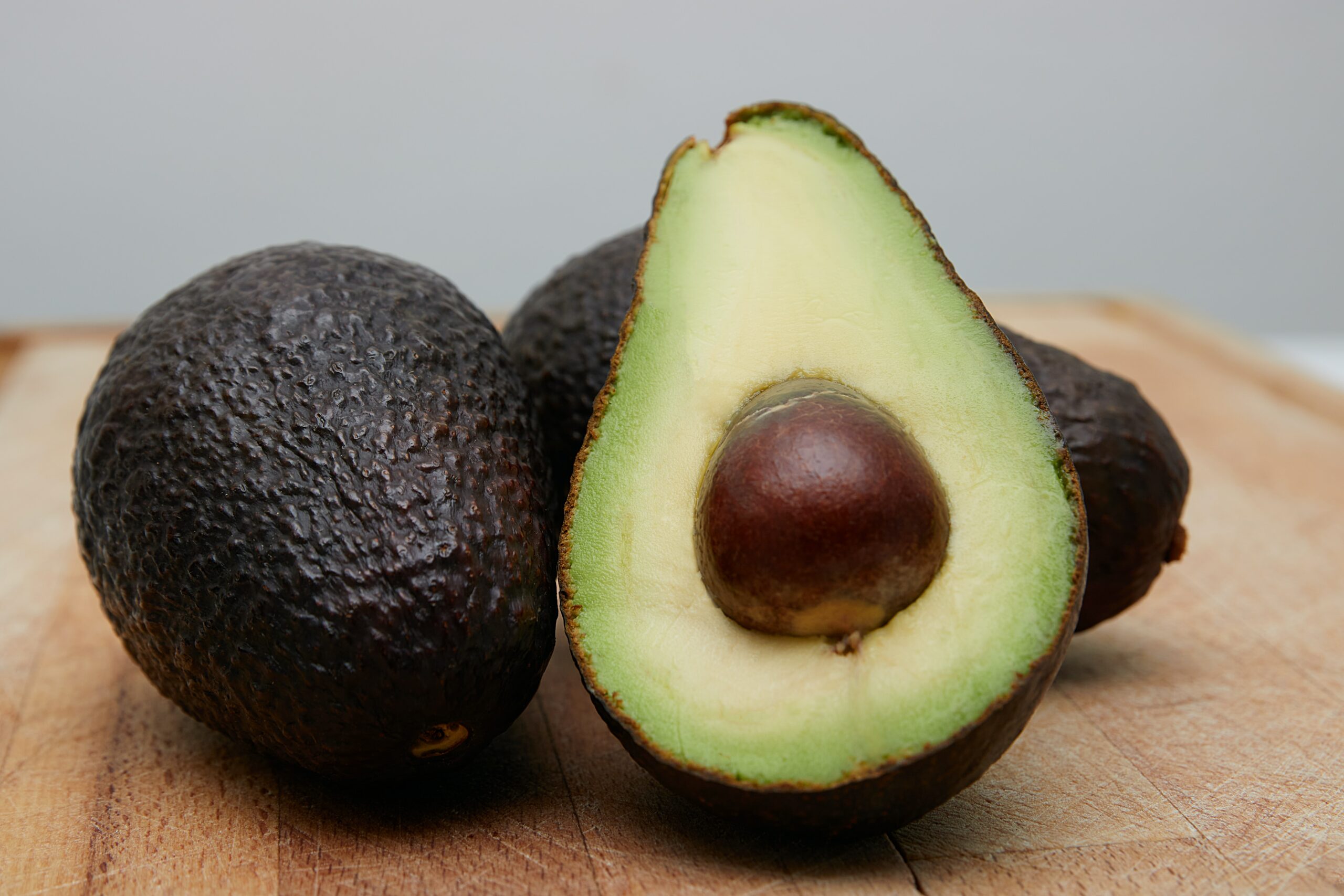
Avocados are generally known to be a bit of a superfood. They are a great source of vitamins C, E, K, and B-6, plus riboflavin, niacin, folate, pantothenic acid, magnesium, and potassium. Throw in the lutein, beta-carotene, and omega-3 fatty acids, and you have a genuine superfood on your hands.
Avocados are good for the heart, the eyes, the joints, digestion, and can help reduce the risk of cancer. When it comes to the brain, the nutrients in avocados can help prevent the build-up of homocysteine, which is a substance that can impair circulation and the delivery of nutrients in the brain.
Too much homocysteine can reduce your production of serotonin, dopamine, and norepinephrine, which regulate mood, sleep, and appetite. In this way, including some avocado in your diet can help fight depression.
In some parts of the world, avocados are considered a bit of a posh dish, but they are actually grown in many parts of the world and form a staple of local diets. If you are travelling in North or South America, the south of Africa, China, Southeast Asia, or Australia and New Zealand, you can probably get your hands on fresh and ripe avocados at bargain prices.
7. Coconut (Fresh or Coconut oil)
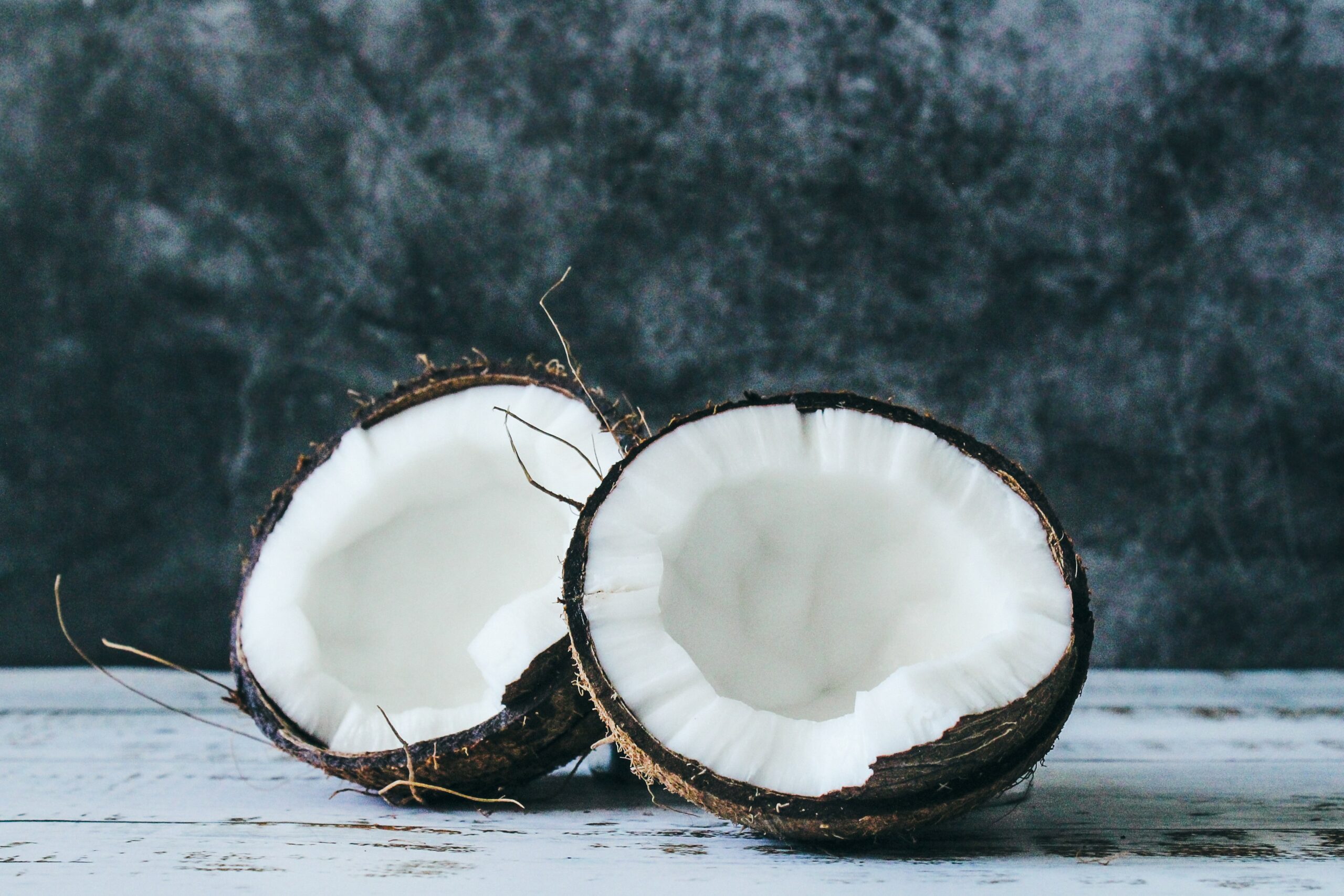
If you are travelling in South America or South Asia, you have the luxury of being in a part of the world where coconuts grow profusely, and you can usually get your hands on a nice fresh coconut for next to nothing.
Fresh coconut water and flesh have a huge variety of health benefits. They can help protect against diabetes, kidney stones, heart problems, and muscles soreness.
Looking particularly at the brain, the nutrients in coconut can help fight dementia, and also has an anti-inflammatory effect.
Not in a part of the world where coconuts grow on trees? You can get many of the same benefits by ingesting just two tablespoons of coconut oil each day. These are available in most heath food stores around the world, and certainly throughout Europe and North America.
Coconut oil also contains medium chain fatty acids, which can help your body to burn fat and is compliant with a keto diet (if you are so inclined).
8. Water!

Our bodies, and our brains, are about 75% water, and various studies have shown that every part of our body, including our brain, functions better when they are well hydrated. So, wherever you are in the world, you should always have a full water bottle.
Most travellers aren’t advised to drink the local water. This is not necessarily because the water is dirty (though this could be the case – dirty pipes mean dirty water), but because the water may contain microorganisms that your body is not accustomed to. This is why it can give you an upset stomach, even when the locals can drink it.
But ideally you will want to avoid buying lots of bottled water. It’s expensive, all the plastic is bad for the environment (a single water bottle takes more than a human lifetime to decompose), and the plastic in water bottles can contain chemicals that leak into the water, and then into you when you drink it. Not good.
So, get yourself a reusable stainless steel water bottle, which also has the benefit of keeping your water cooler for longer. Also look for something with a filter, so that you can filter your own water if clean or filtered water is not readily available wherever you are.
Aim to drink a minimum of 1.5 litres of water a day, and more if you are somewhere hot or you are doing something active. Listen to your body, if you feel thirsty, stop and hydrate.
9. Caffeine (with a Cup of Tea)

When you read caffeine, you probably think of coffee. But a cup of Joe is not the only source of the natural stimulant. In fact, the best place to get your daily caffeine fix is a nice cup of tea or two.
Caffeine has been shown to enhance your concentration, improve motor control, and boost alertness. These are immediate benefits, but new research suggests that caffeine can also benefit your brain in the long term as activity in the focus-oriented parts of the brain is enhanced permanently, which can help protect the brain against disorders such as Alzheimer’s and Parkinson’s.
But just because caffeine is good for you doesn’t mean you should feel free to indulge your coffee habit. Coffee is very high in caffeine, and just two cups a day can result in the jitters. Plus, the real danger can be all the other things that you put in your coffee. Sugar, sweeteners, whiteners, and more. As well as a caffeine hit, coffee can be a sugar hit that can result in a sugar crash, despite the caffeine present. The result, you might just be reaching for another cup.
These are just come of the good reasons to try tea instead. Tea contains less caffeine than coffee, and more than that, while the caffeine in coffee releases quickly to give you an immediate hit, the caffeine in tea is slow release, which means that you can enjoy the benefits for longer.
What Not To Eat
As well as upping your consumption of foods that are good for your brain, your brain will thank you if you avoid some of the worst foods for your brain health. We are talking mostly about processed foods that contain additives that can attack your brain.
Be wary of consuming too much of the following wherever you are in the world:
- Sugary Drinks – If you prefer a sugary soft drink to a coffee for a caffeine pick me up, you could be putting yourself at risk. All that sugar won’t only build up on your waistline, it can also build up in your brain. The result can be inflammation that impairs memory and learning, and a higher risk of dementia.
- Refined Carbohydrates – Eating too many refined carbs increases your risk of diabetes significantly, and can also impair memory and intelligence. It also puts you at greater risk of dementia, which is sometimes called Type 3 Diabetes. This means that you should avoid white bread, breakfast cereals, white rice, and regular pasta.
- Trans Fats – While meat and dairy contain trans fats, it is artificial trans fats, found in many snack foods and ready-made products, which are particularly dangerous. They impair your memory and increase your risk of Alzheimer’s.
- Highly Processed Foods – Trans fats are not the only risk when it comes to highly processed foods. They also tend to be high in refined sugar, added fats, and salt, all of which can cause serious brain tissue damage when eaten in excess. This can impair memory, learning, brain plasticity, and weaken the blood-brain barrier. The worst culprits tend to be chips, sweets, instant noodles, store-bought sauces, and read-made meals.
- Aspartame – This is an artificial sweetener used in many foods that are “no fat” or “no added sugar”, not to mention sugar-free drinks. But this and other artificial sweeteners can disrupt the production of neurotransmitters and increase the brain’s vulnerability to oxidative stress. The result can be both learning problems and difficulty controlling emotions.
- Alcohol – You already know that too much alcohol can lead to memory loss, behavioural changes, and sleep disruption, and can have a permanent effect on the brain. Moderate amounts of alcohol can actually have positive effects on the brain, so drink in moderation.
- Fish High in Mercury – Mercury is a heavy metal that can disrupt the central nervous system and stimulate the generation of neurotoxins, resulting in damage to the brain. There can be a lot of mercury in water, and this infects the fish that live there. This is especially true for long-lived predatory fish, which can accumulate over one million times the concentration of mercury in the surrounding water. Research mercury levels where you are travelling and the associated risks.
The Verdict
They say you are what you eat. This is something that is well accepted in fitness circles. It is well-known that you “can’t out train a bad diet”. But we often forget that the same logic applies to the brain.
If you fuel it with foods full of the nutrients that it needs, and avoid foods that damage your brain, you will feel more alert and focussed in the short-term, and have a healthier brain for the rest of your life.
Travelling and bring away from the convenience of home is no excuse for not thinking about the health of your brain.


